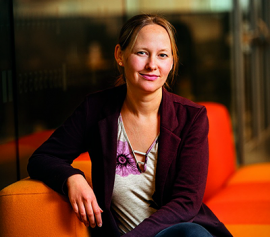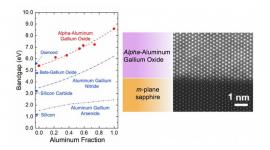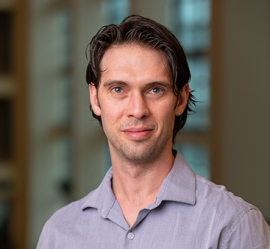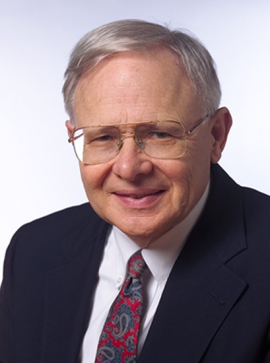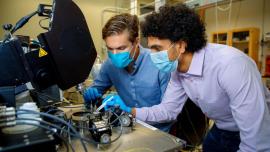
Environmental Concerns Arise Over Energy Needed To Mine Bitcoin
Eilyan Bitar, ECE associate professor and David Croll Sesquicentennial Faculty Fellow, weighs in on how a Bitcoin mining operation is drawing criticism from people who say the natural gas burned to make the cryptocurrency is causing too much pollution. According to Bitar, "Inevitably, that would drive an increase in the supply of generation or electricity from more dispatchable generators, like natural gas, which produces greenhouse gas emissions." Listen to the full NPR episode. Read more



